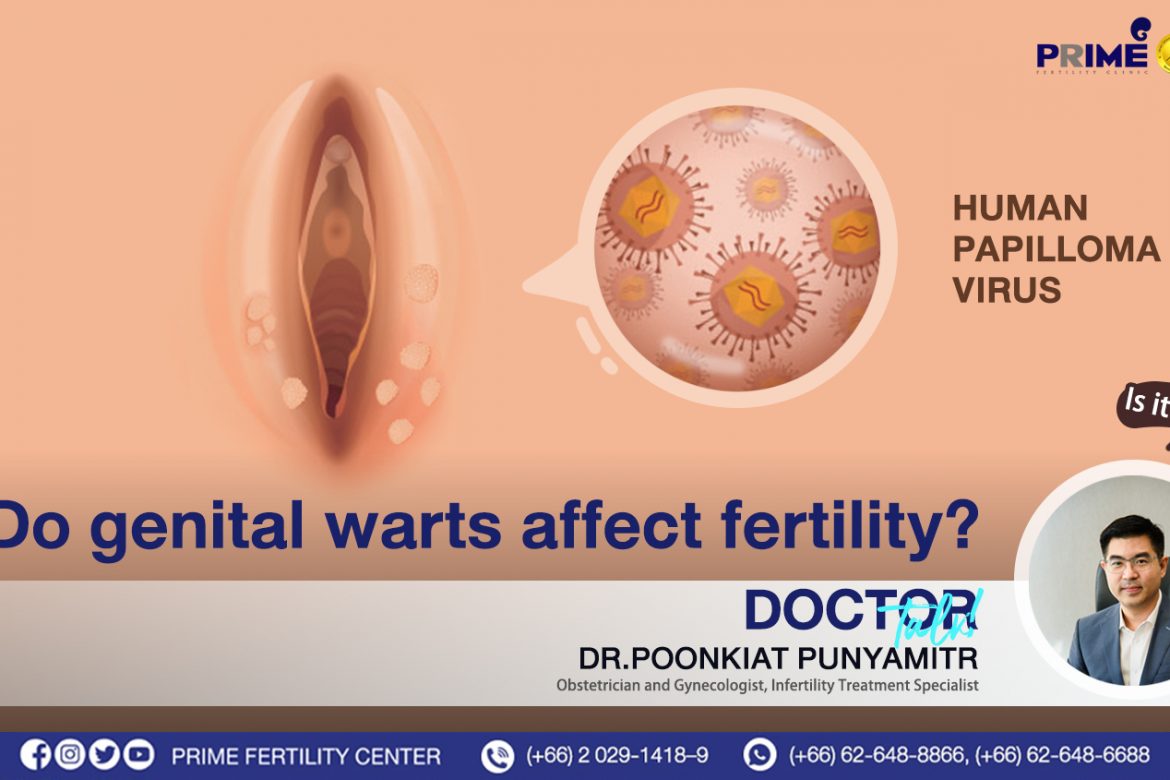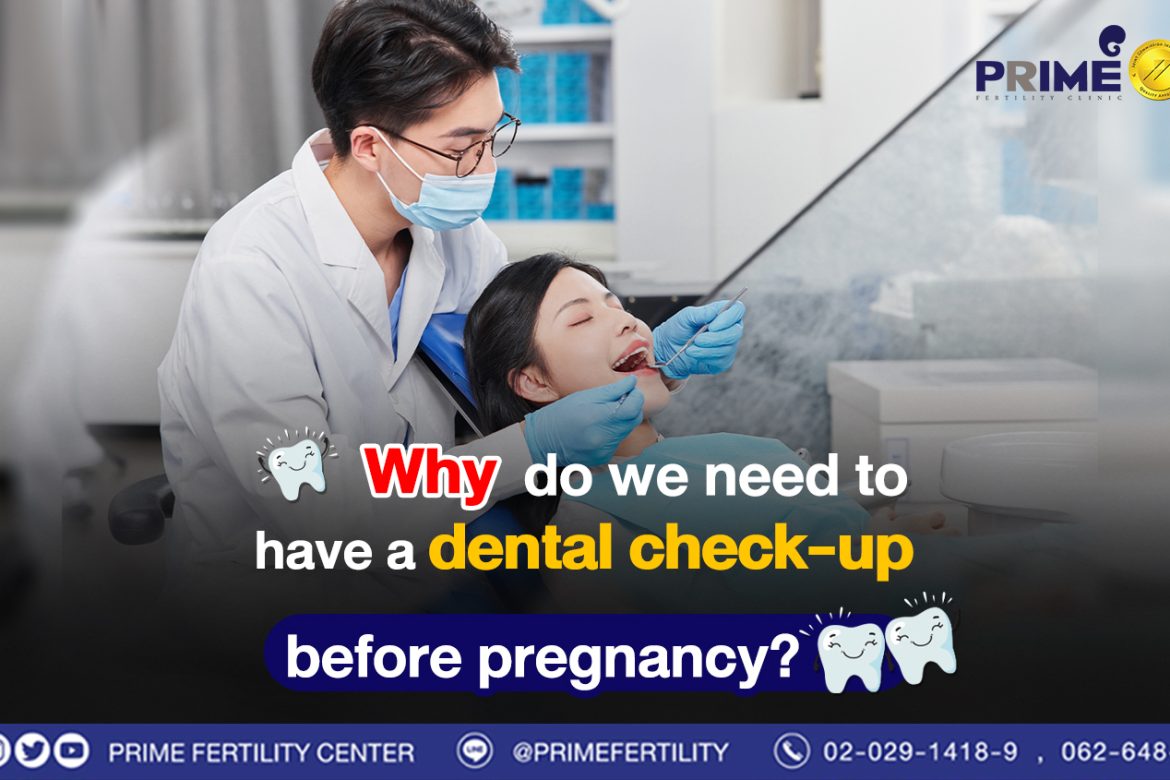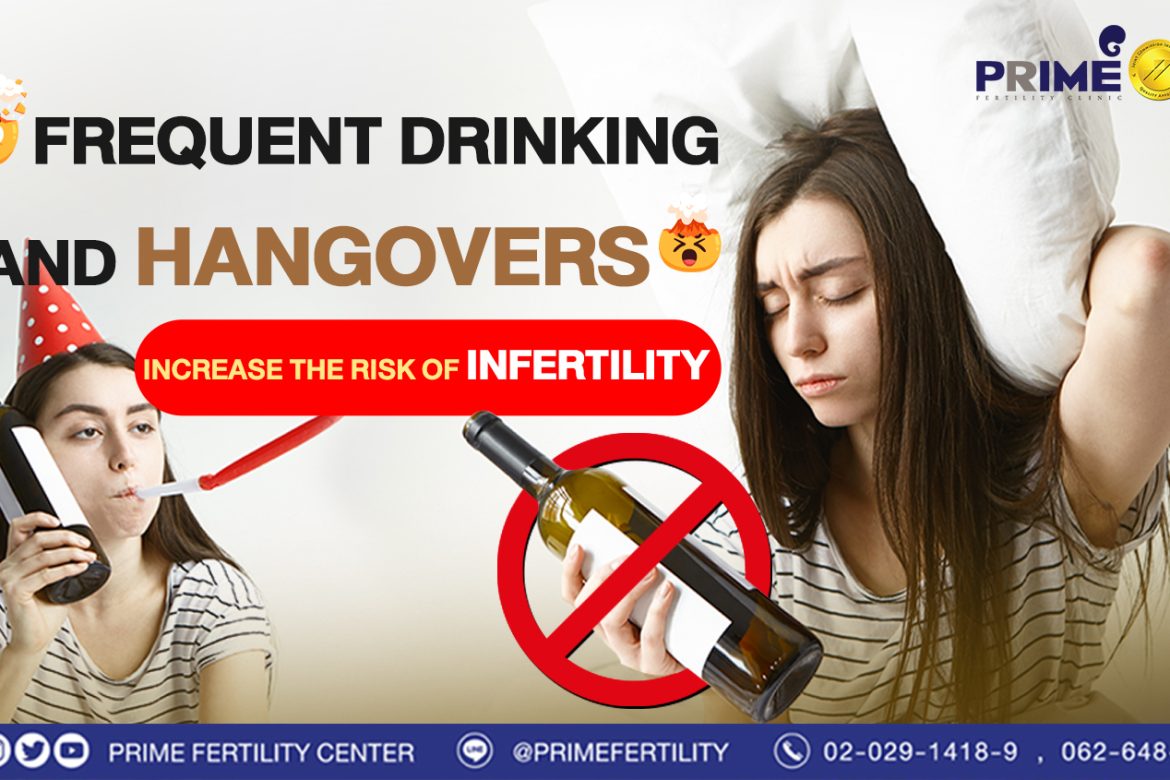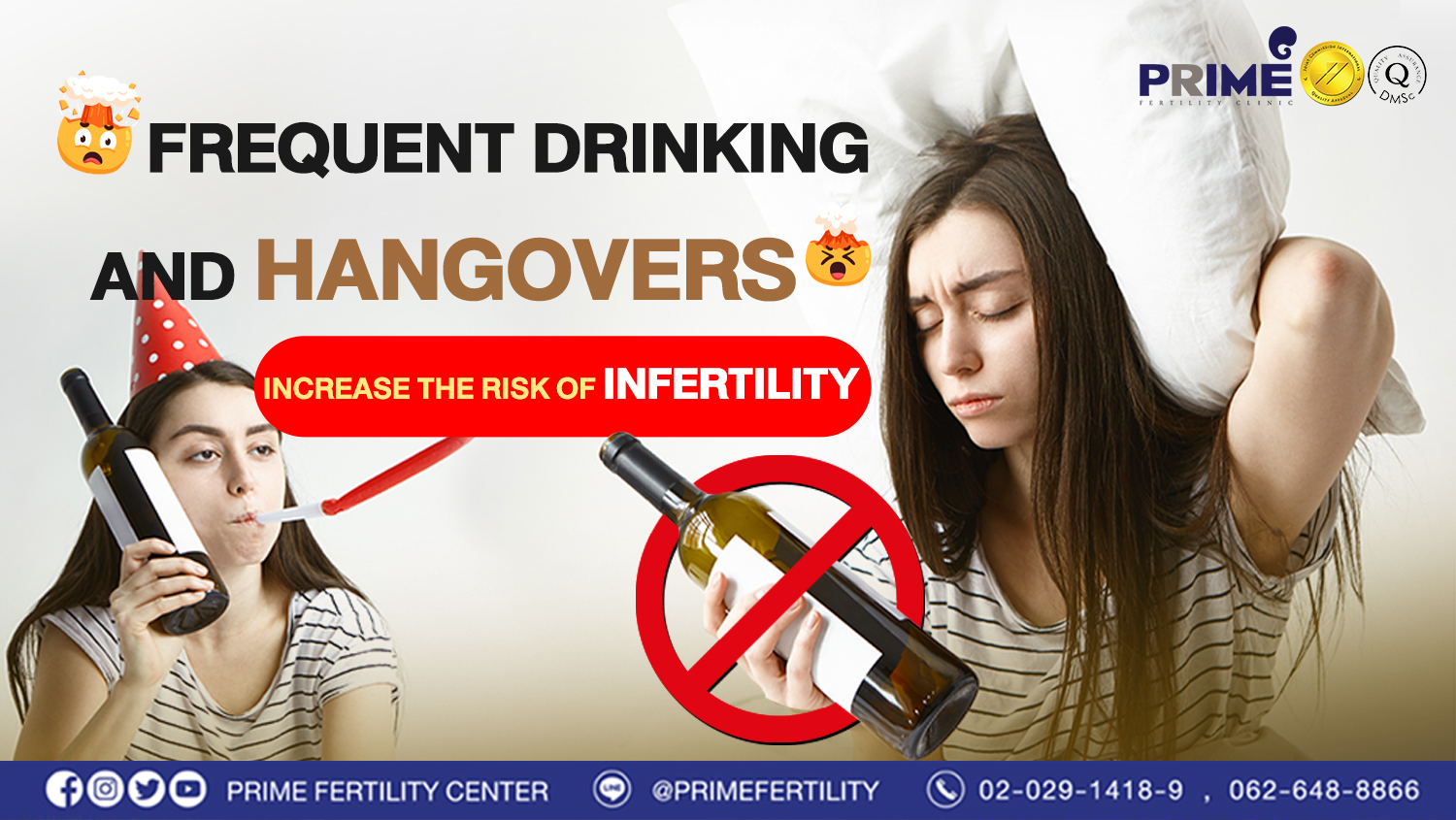Genital warts are a skin and tissue disease caused by human papillomavirus or HPV which is related to the virus that cause cervical cancer.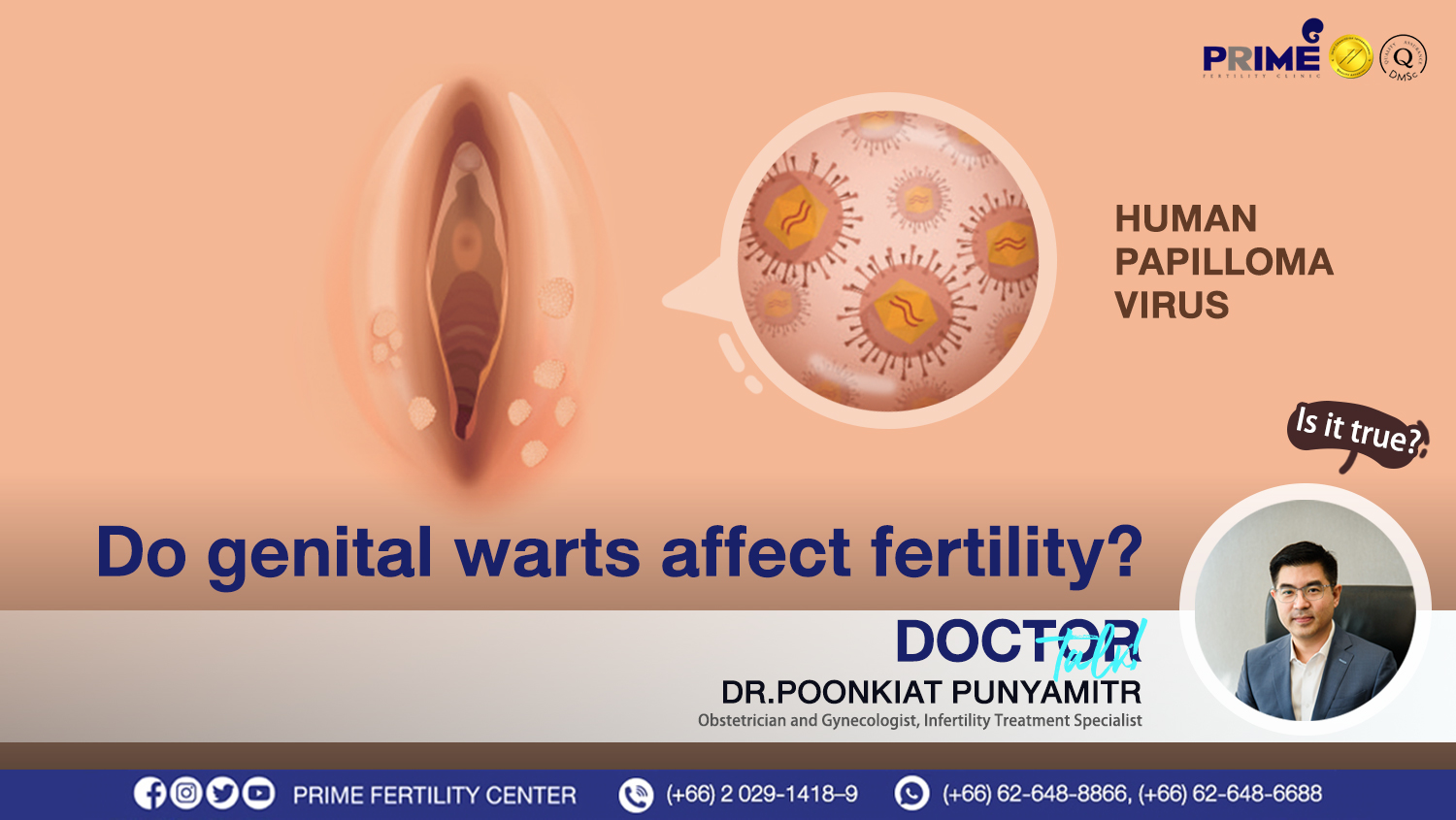
Generally, genital warts can spread through a direct contact and are a sexually transmitted disease as well.
The symptom is the appearance of small polyps on skin or tissue. These can be found in both males and females but we often find more symptoms in females. The disease makes some warts on vulva, vagina, perineum, top of thighs or even anus.
Having genital warts affect fertility or not? Perhaps yes. In case a patient has seriously suffered from the disease for a long time and the genital warts become very huge then obstruct or block the vulva.
If the vulva is blocked, the patient will have problem during sexual intercourse. Or a huge vaginal wart will disturb sperm pathway to approach cervix. Under the serious circumstance, the patient will experience infertility.
However, people normally don’t wait until the disease becomes that much severe. The disease itself doesn’t cause infertility. But its effect happens when the baby is born. As the newborn is risky to get infection to the eyes, nose, mouth or even neck and vocal cords. Nowadays, there are vaccines that can prevent genital warts or pathogenic HPV strains.
Dr. Poonkiat Punyamitr
Obstetrician and Gynecologist, Infertility Treatment Specialist
–
Reference: Prime Fertility Center Co., Ltd.

